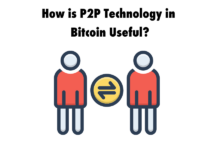
Bitcoin
Bitcoin is a digital currency that was invented in 2008 by an unknown person or group of people using the name Satoshi Nakamoto. It is a decentralized form of currency, meaning that it is not controlled by any government or financial institution.
Bitcoin transactions are processed through a distributed ledger called the blockchain. The blockchain records all transactions made with Bitcoin, and each transaction is verified by a network of computers around the world. This makes Bitcoin transactions secure, transparent, and difficult to counterfeit.
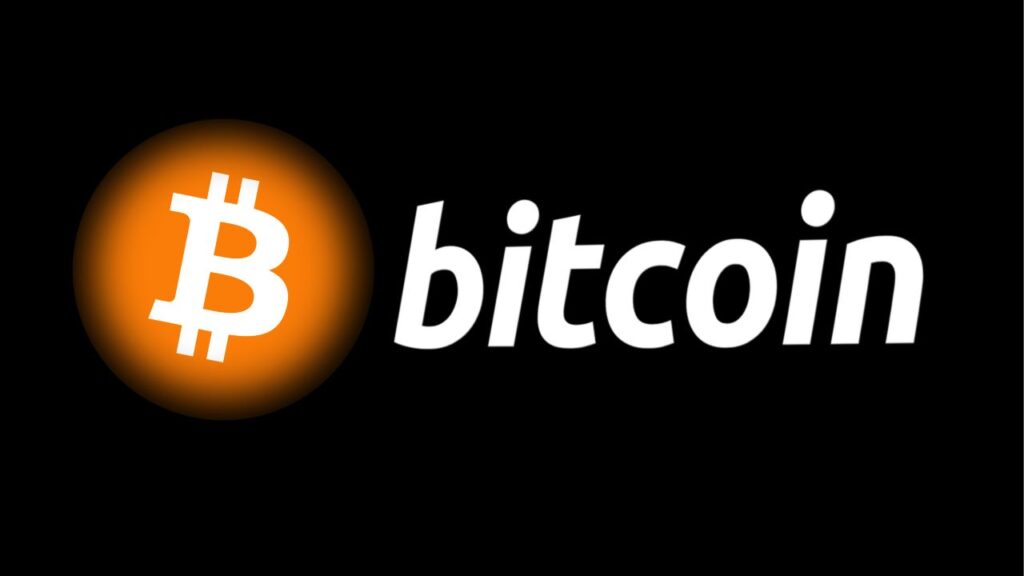
One of the key features of Bitcoin is that it has a finite supply, with a maximum of 21 million Bitcoins that can ever be created. This helps to prevent inflation, and also gives Bitcoin its value, which is determined by supply and demand in the market.
Bitcoin can be bought and sold on various cryptocurrency exchanges, and it can also be used to purchase goods and services online. While it is still a relatively new technology, Bitcoin has gained popularity and acceptance over the years, and its value has fluctuated wildly, making it a popular investment option for some. However, like all investments, it carries a degree of risk, and its future value is uncertain.
Ethereum
Ethereum is a decentralized, open-source blockchain platform that allows developers to build and deploy decentralized applications (DApps) and smart contracts. It was launched in 2015 by a programmer named Vitalik Buterin.
The Ethereum platform is designed to be flexible and adaptable, allowing developers to create a wide range of applications and use cases. Ethereum is also the second-largest cryptocurrency by market capitalization, after Bitcoin.

Ethereum uses a native cryptocurrency called Ether (ETH) as its means of exchange and payment for transactions and services on the network. ETH can also be used to pay for transaction fees, which are required to execute smart contracts and transfer tokens.
One of the key features of Ethereum is its ability to support smart contracts, which are self-executing contracts with the terms of the agreement between buyer and seller being directly written into lines of code. Smart contracts can be used for a wide range of applications, including decentralized finance (DeFi), supply chain management, digital identity, and more.
Ethereum is also in the process of transitioning from a proof-of-work (PoW) consensus mechanism to a proof-of-stake (PoS) mechanism, known as Ethereum 2.0. This transition is expected to improve the network’s scalability, security, and sustainability.
Polygon

Dogecoin
Dogecoin is a cryptocurrency that was created in 2013 by Billy Markus and Jackson Palmer as a lighthearted response to the growing popularity of Bitcoin. It is named after the “Doge” internet meme, which features a Shiba Inu dog with humorous captions written in broken English.
Dogecoin uses a decentralized blockchain network to enable secure and anonymous transactions between users. Its algorithm is based on the same technology used by Bitcoin and other cryptocurrencies, and it uses a proof-of-work system to verify transactions and prevent fraud.

Unlike Bitcoin, which has a limited supply of 21 million coins, Dogecoin has an uncapped supply, meaning that new coins can be mined indefinitely. Dogecoin has become popular for its low transaction fees, fast transaction times, and the sense of community that has grown around it, fueled by social media platforms like Reddit and Twitter.
Dogecoin has experienced significant fluctuations in value, with its price rising dramatically in early 2021, thanks in part to endorsements from celebrities like Elon Musk. However, its value has also been highly volatile, and it is considered a highly speculative investment.
Binance coin
Binance Coin (BNB) is a cryptocurrency that was launched by the Binance exchange in 2017. It is an ERC-20 token, which means it is built on the Ethereum blockchain. BNB is primarily used on the Binance exchange as a utility token, providing users with discounts on trading fees when they use BNB to pay them.

However, Binance has expanded the use cases for BNB beyond just trading fees. BNB can now be used to purchase travel bookings, buy virtual gifts, and more through the Binance Pay feature. Binance has also launched a decentralized exchange, called Binance DEX, where BNB can be used to pay transaction fees.
BNB has become one of the most popular cryptocurrencies in the world, with a market capitalization of over $90 billion as of February 2023. Its popularity is due in part to Binance’s success as an exchange, as well as the expanding use cases for BNB.
Polkadot
Polkadot is a next-generation blockchain platform that aims to provide interoperability between different blockchains. It was created by Gavin Wood, one of the co-founders of Ethereum, and launched in 2020.
The main goal of Polkadot is to solve the problem of blockchain fragmentation, which refers to the fact that different blockchains are isolated from each other and cannot easily communicate or share data. Polkadot allows different blockchains to connect and interact with each other, creating a network of interoperable blockchains.
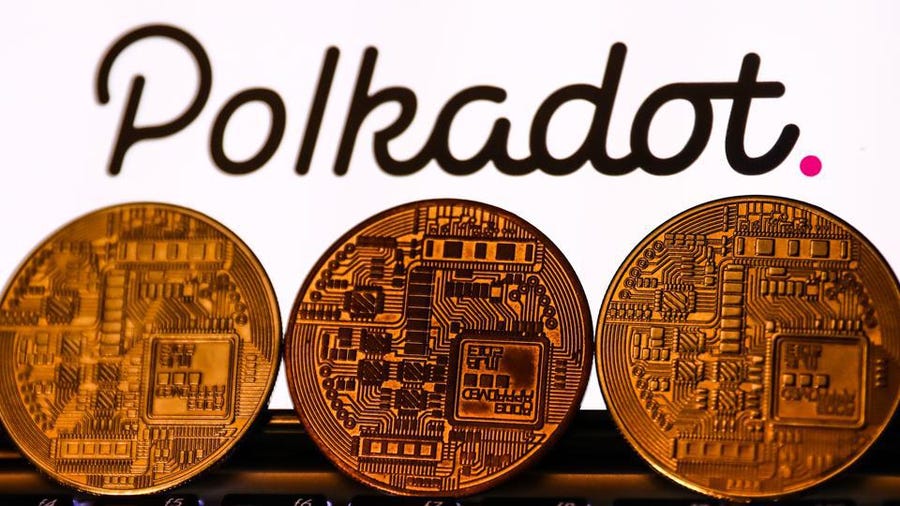
Polkadot uses a unique architecture called a “relay chain” to achieve this interoperability. The relay chain acts as a central hub that connects different parachains, which are specialized blockchains that can be customized for specific use cases. The relay chain provides security, consensus, and governance for the entire network, while the parachains can focus on their specific functionality.
Polkadot also uses a proof-of-stake consensus algorithm, which allows users to stake DOT tokens to help secure the network and earn rewards in return. DOT is the native cryptocurrency of the Polkadot network and is used for governance, staking, and transaction fees.
Overall, Polkadot aims to provide a more scalable, secure, and interoperable blockchain platform that can support a wide range of use cases, from decentralized finance to gaming to supply chain management.
Cardano
Cardano is a decentralized blockchain platform that was launched in 2017 by IOHK (Input Output Hong Kong), a technology company led by Charles Hoskinson, one of the co-founders of Ethereum. The platform is named after the Italian mathematician and philosopher Gerolamo Cardano and aims to provide a more secure and sustainable infrastructure for decentralized applications and smart contracts.

One of the unique features of Cardano is its use of a proof-of-stake consensus algorithm called Ouroboros, which aims to be more energy-efficient and scalable than the proof-of-work algorithm used by Bitcoin and many other cryptocurrencies. Cardano also uses a layered architecture, which separates the accounting layer responsible for tracking the value of the cryptocurrency from the computation layer that handles smart contracts and other applications.
Cardano’s native cryptocurrency is called ADA, and it can be used for a variety of purposes within the Cardano ecosystem, including staking, transactions, and governance. Cardano has a strong focus on research and academic collaboration, and its development roadmap includes plans for significant upgrades and improvements over time.
Tether
Tether is a type of cryptocurrency called a stablecoin that is designed to maintain a stable value relative to a particular asset, typically the US dollar. Each tether token is supposed to be backed by a corresponding US dollar held in reserve, which is meant to provide stability and avoid the price fluctuations commonly associated with other cryptocurrencies like Bitcoin or Ethereum.
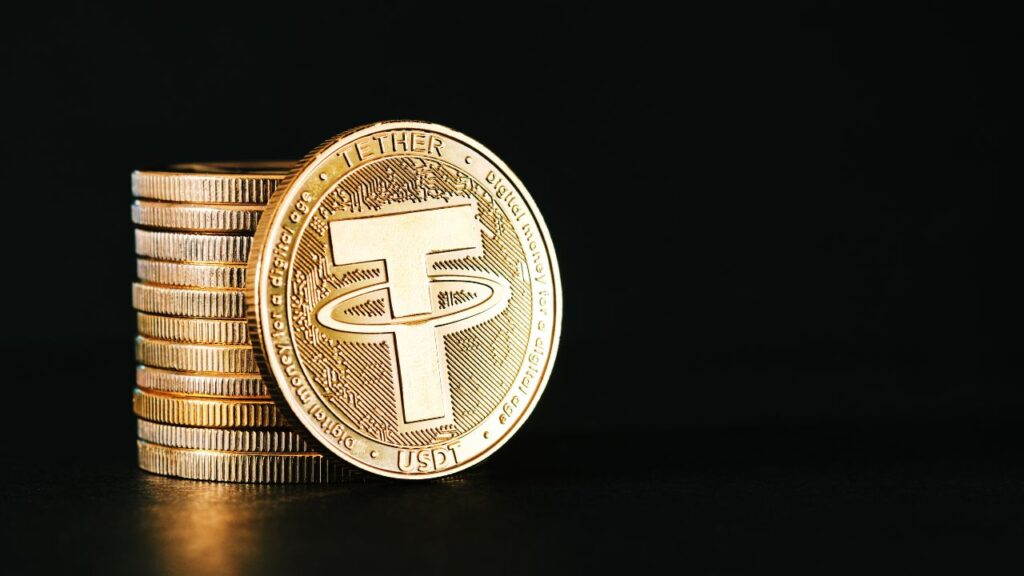
Tether was launched in 2014 and is managed by Tether Limited, a company based in the British Virgin Islands. The company claims that each tether token is fully backed by a US dollar held in reserve, which it says can be verified by independent auditors. However, the lack of transparency and public scrutiny surrounding Tether’s reserves has led to controversy and skepticism within the cryptocurrency community.
Despite this, Tether has become one of the most widely used cryptocurrencies in the world, with a market capitalization of several billion dollars. It is primarily used by traders and investors to move funds between exchanges or to trade against other cryptocurrencies without having to convert to fiat currency.
Solana
Solana is a blockchain platform designed to enable fast, secure, and scalable decentralized applications (dApps) and cryptocurrency transactions. It was created by the Solana Foundation, a nonprofit organization based in Switzerland, and launched in 2018.
One of the key features of Solana is its unique consensus mechanism called Proof of History (PoH), which enables the network to process thousands of transactions per second with low latency and high throughput. PoH is a way of organizing transactions in a sequence that is easily verifiable and allows for fast consensus without the need for energy-intensive mining processes.
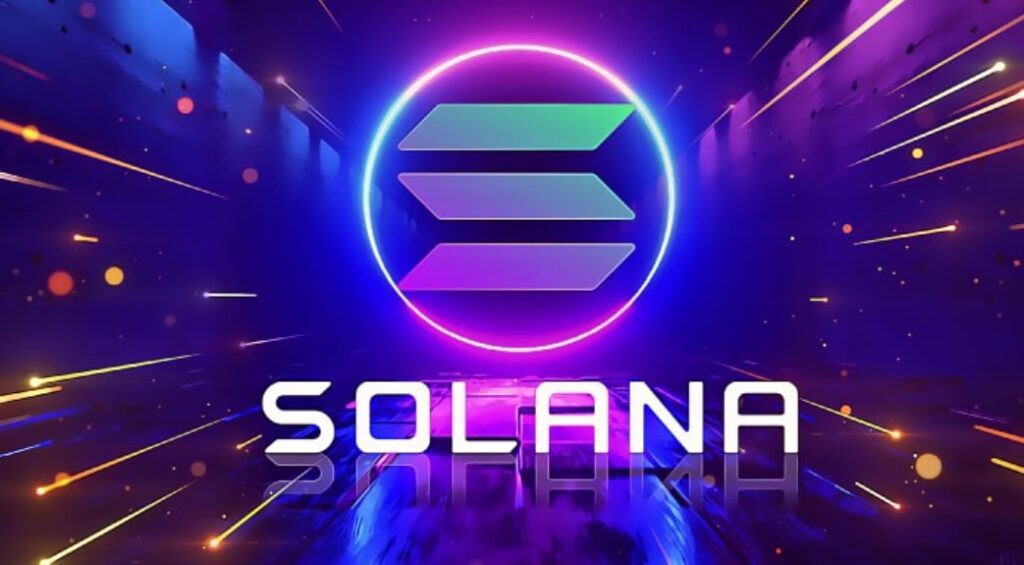
Solana also uses a combination of other technologies, including the Tower BFT consensus algorithm, which allows for rapid confirmation of transactions, and Gulf Stream, which optimizes transaction processing and data propagation across the network.
In addition to its technical capabilities, Solana has gained popularity in the crypto community due to its low transaction fees and the ease of building on the platform. Solana supports the development of dApps using a variety of programming languages, including Rust, C++, and JavaScript, and offers developer tools and resources to help them get started.
Overall, Solana is considered a promising blockchain platform that aims to address some of the scalability and performance challenges faced by other blockchain networks, such as Bitcoin and Ethereum.



